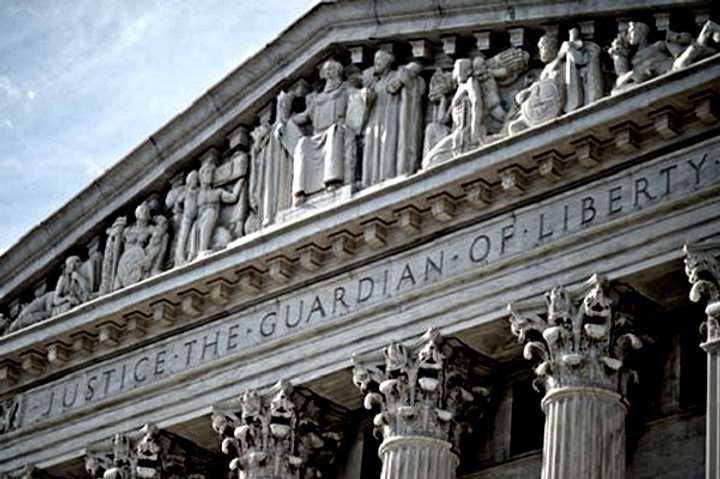The high court’s stopped short of eliminating union dues in those states that require them when it ruled by 5-4 in Harris v. Quinn that eight home health-care workers in Illinois can’t be compelled to pay dues to a union they don’t want to join because they aren’t “full-fledged public employees,” even though they are paid in part by the state via Medicaid.
Writing for the majority, Justice Samuel Alito blasted the 1977 “Abood” precedent that gave states the right to compel public employee dues, opening the way for a future challenge — possibly as early as next year.
The Ninth Circuit U.S. Court of Appeals is considering a challenge by the conservative non-profit Center for Individual Rights on behalf of several California teachers suing on First Amendment grounds to get out of paying union dues.
The NEA joined the AFL-CIO and other unions in opposing the move. The federal government, and those of several states, have supported the unions, as well.
They argued, in part, that the workers should have gone to their state lawmakers and not the courts.
They also said that exempting employees allows them to benefit from the union’s work without paying for it.
The home health aides were represented by the National Right to Work Legal Defense Foundation, a conservative nonprofit that defines its mission as the fight to “eliminate coercive union power and compulsory unionism abuses.”
They argued that union “fair share fees” violate their constitutional rights by compelling them to associate with the local.
Click here to follow Daily Voice Monsey and receive free news updates.
